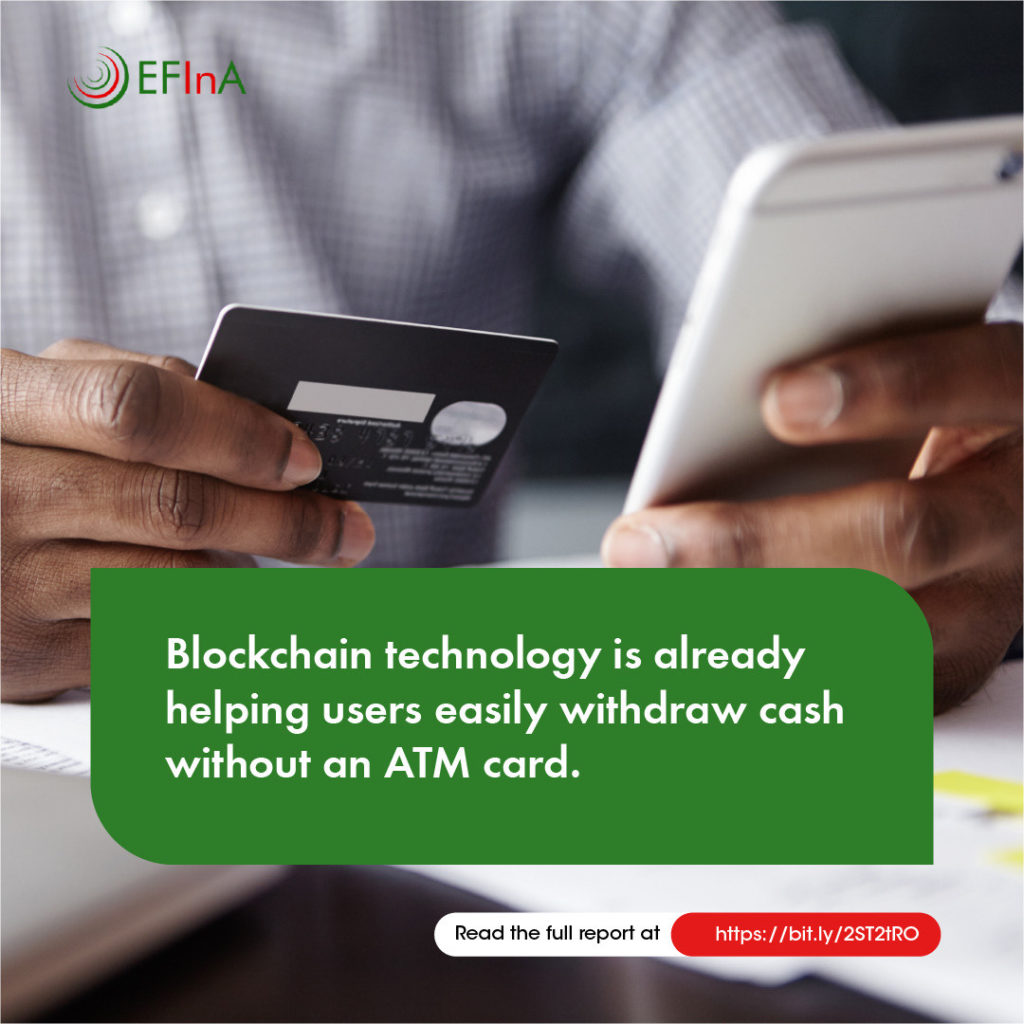
A new report by the Enhancing Financial Innovation & Access (EFInA) has revealed that investment in blockchain technology will improve the Nigerian economy by $29 billion by 2030. The study also outlines the potential of blockchain to drive financial inclusion and illustrates potential use cases of the technology in the country.
In recent years, blockchain technology has grown to become an exciting innovation, sparking more interest in transportation, gaming, and lottery industries while more African companies utilize decentralized ledger technology (DLT) across the continent. According to EFInA’s research, more focus on technology can increase Nigeria’s GDP mainly by instilling trust in business, government transactions, and processes.
Speaking after the release of the report, Ashley Immanuel, EFInA CEO, stated that with Nigeria’s rising population and the current focus on economic diversification due to shrinking oil revenue, it has become imperative to leverage the benefits of blockchain technology while also addressing the challenges that have inhibited financial inclusion.
“From the study, we also identified the four key use cases of blockchain technology in Nigeria”, said Ashley. “Enabling Identity Management, Payments, Access to Finance, and Land Titling & Registration – outside of cryptocurrency, which is a major application of blockchain technology and a recurring topic of discussion among government institutions and regulators globally. The potential use cases across several industries are immense, leading to projections of a massive in the sector by many experts. With a digital-led economic strategy, these will provide opportunities to revolutionize the Nigerian economy and also meet our financial inclusion targets”.
According to EFInA, a more collaborative effort among multiple stakeholder groups – Regulators, Financial Service Providers, Development Institutions, and Donors/Financial Sector Development organizations is essential to ensure that the potential of cryptocurrency and blockchain technology is realized. Interestingly, an early draft of the strategic framework on the technology reveals that the Federal Ministry of Communications and Digital Economy and the National Information Technology Development Agency (NITDA) have partnered to develop a blueprint for national blockchain adoption.
Previous circulars recently released by the Central Bank and SEC on cryptocurrency also emphasize that blockchain technology remains important to the government and other regulatory bodies. The CBN has recently announced plans to launch a Central Bank Digital Currency, which has the potential to support governmental intervention schemes for those in underserved areas and enable efficiency in cross-border remittances.
Other countries have also leveraged public-private partnerships and adopted blockchain technology to drive inclusion and efficiency in their financial systems. For instance, the South African Reserve Bank, in collaboration with ConsenSys (a fintech) and the national banking community, leveraged blockchain to reduce the transaction processing time by 75% while increasing trust, confidentiality, and scalability in their financial system.


















